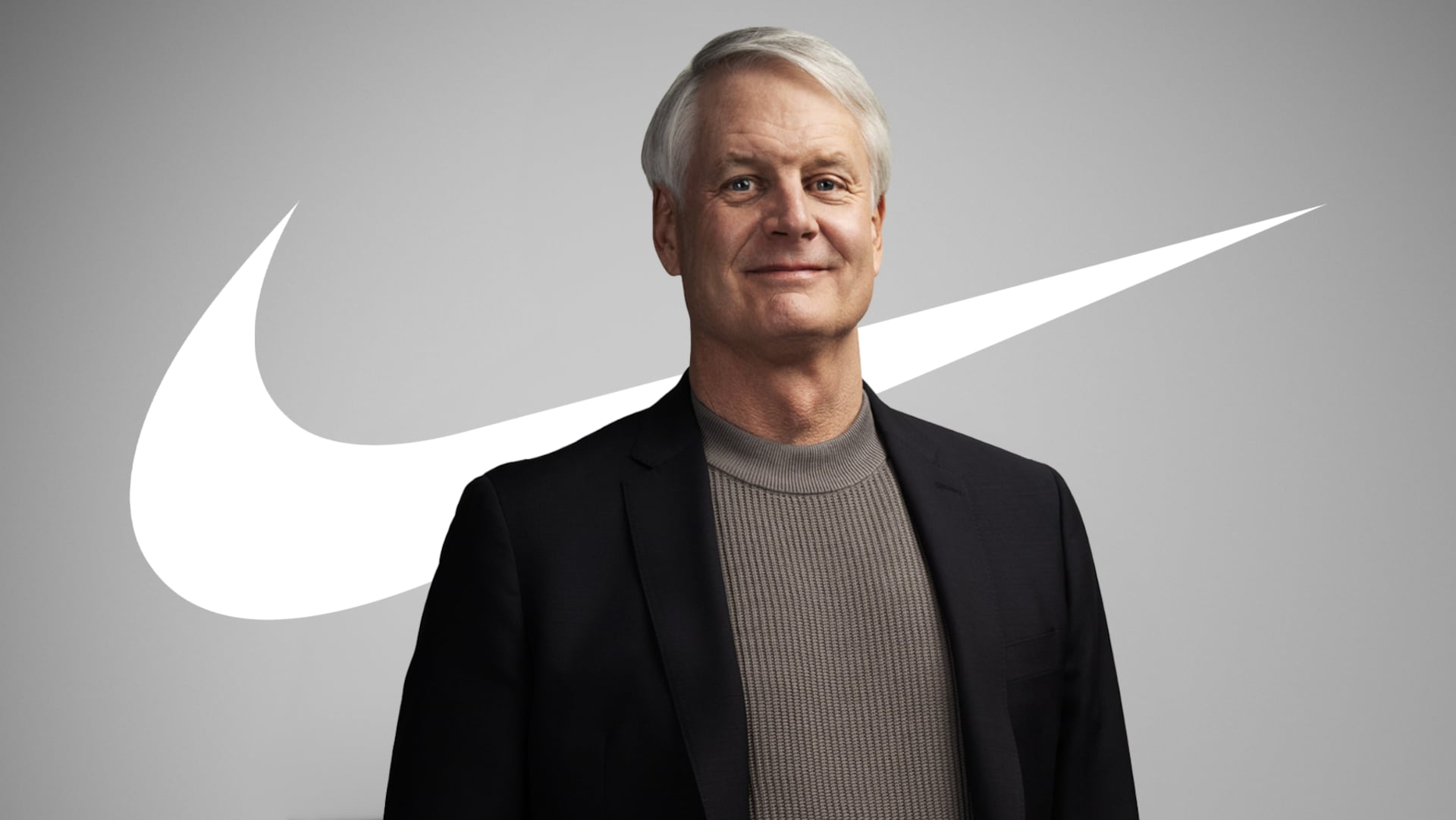Magic Johnson’s $5 Billion Regret
In 1979, Magic Johnson chose 100K cash from Converseover Nikestockworth $5B today. His decision underscores the perils of short-term gains vs. long-term vision.
IMPOSSIBLEMOTIVATION
Thrivevision
5/11/20251 min read


The Deal That Changed Everything
In 1979, Magic Johnson was a 20-year-old NBA rookie fresh off leading Michigan State to a national championship. Nike, then a fledgling brand, offered him 100,000 shares (1% equity) in exchange for an endorsement. Converse, the market leader, countered with $100,000 cash.
Magic chose Converse.
The Cost of Instant Gratification
At the time, Nike shares were valued at 0.18each(0.18each(18,000 total). By 2024, those shares would be worth $5 billion due to stock splits and Nike’s meteoric rise. Magic admits, “It’s my biggest regret. I didn’t understand equity.”
Why he opted for cash:
Immediate financial security for his family.
Skepticism about Nike’s future (then trailing Adidas and Converse).
Lack of mentorship on financial investments.
Nike’s Rise and Magic’s Redemption
Nike signed Michael Jordan in 1984, whose Air Jordan deal included equity. Jordan now earns $400M+ annually from Nike royalties—a stark contrast to Magic’s missed opportunity.
Magic later rebuilt his wealth through savvy investments in Starbucks, movie theaters, and the LA Dodgers. Still, he reflects, “That Nike deal taught me to think decades ahead, not just years.”
Lessons for Today’s Athletes
Modern stars like LeBron James and Kevin Durant prioritize equity in endorsement deals. For example:
LeBron owns 2% of Liverpool FC (valued at $44M).
Serena Williams invested early in Uber, earning $15M.
Key Takeaway: Short-term cash can’t match the power of ownership. Magic’s regret is a timeless lesson in valuing long-term potential over instant rewards.
Inspiration
Explore success stories and motivational journeys today.
Growth
Vision
© 2025. All rights reserved.
